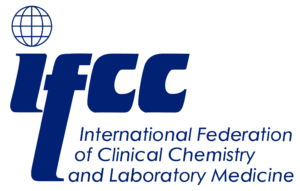Background
There is limited evidence on the use of high-sensitivity C-reactive protein (hsCRP) as a biomarker for selecting patients for advanced cardiovascular (CV) therapies in the modern era. The prognostic value of mildly elevated hsCRP beyond troponin in a large real-world cohort of unselected patients presenting with suspected acute coronary syndrome (ACS) is unknown. We evaluated whether a mildly elevated hsCRP (up to 15 mg/L) was associated with mortality risk, beyond troponin level, in patients with suspected ACS.
Methods And Findings
We conducted a retrospective cohort study based on the National Institute for Health Research Health Informatics Collaborative data of 257,948 patients with suspected ACS who had a troponin measured at 5 cardiac centres in the United Kingdom between 2010 and 2017. Patients were divided into 4 hsCRP groups (<2, 2 to 4.9, 5 to 9.9, and 10 to 15 mg/L). The main outcome measure was mortality within 3 years of index presentation. The association between hsCRP levels and all-cause mortality was assessed using multivariable Cox regression analysis adjusted for age, sex, haemoglobin, white cell count (WCC), platelet count, creatinine, and troponin. Following the exclusion criteria, there were 102,337 patients included in the analysis (hsCRP 15 mg/L makes it unlikely that sepsis was a major contributor.
Conclusions
These multicentre, real-world data from a large cohort of patients with suspected ACS suggest that mildly elevated hsCRP (up to 15 mg/L) may be a clinically meaningful prognostic marker beyond troponin and point to its potential utility in selecting patients for novel treatments targeting inflammation.
Trial Registration
ClinicalTrials.gov – NCT03507309.

